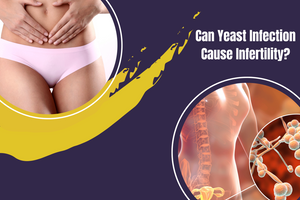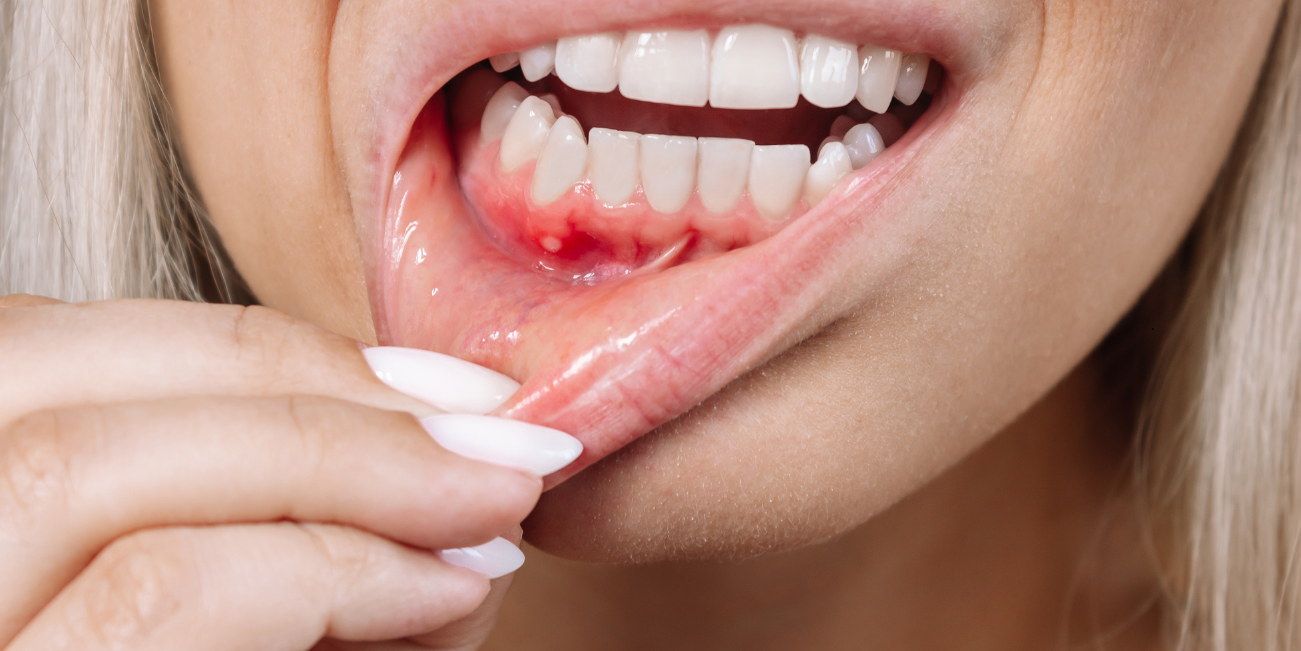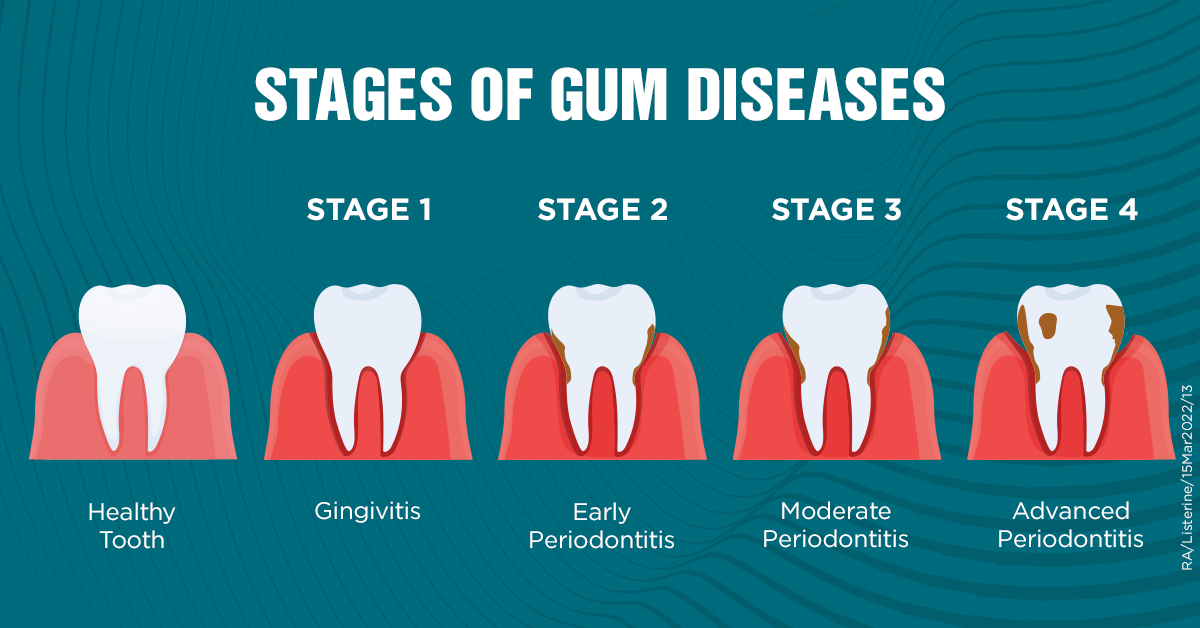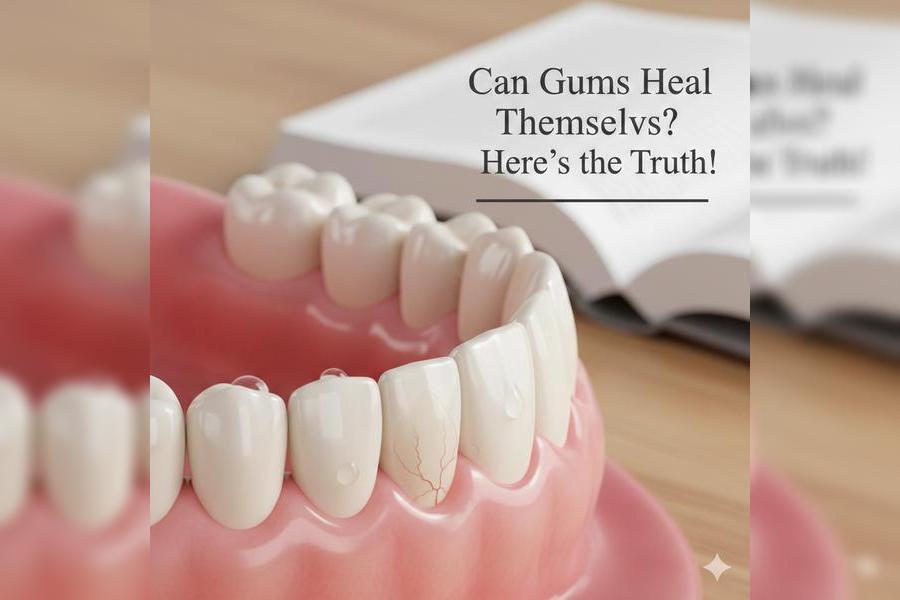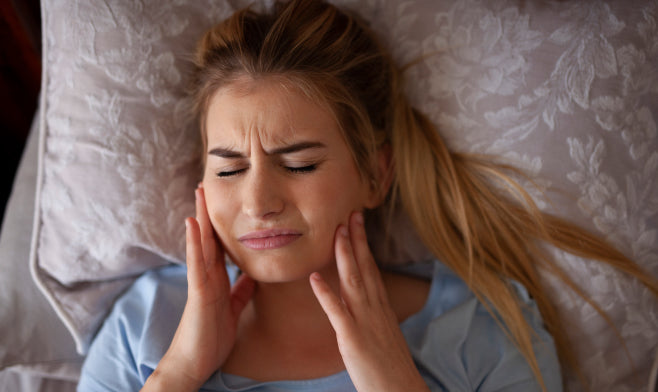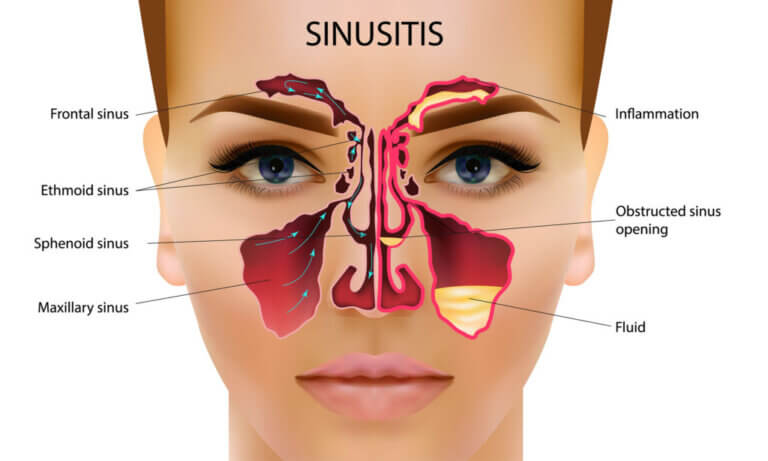Essential oils are pure and a robust form of oil. They are prepared as raw material directly from plants by steam distillation, a process in which various parts of a plant as stem, leaves, bark, flowers, etc. are isolated, steamed and then pressed to extract the fragrance and natural oil of the plant. Essential oils are prepared by extracting the plant’s natural oil and fragrance. These essential oils contain terpenoids and sesquiterpenes etc., all with a lot of variants and other compounds responsible for their biological effects on animals, humans, insects, microorganisms, etc.
Essential oils are diluted and far less thickened than the oils of castor or coconut, the property that makes them worthy enough to run deep into fabrics and clothes they touch and therefore cause stains. Essential oils do leave the stain on clothes you use, bearing the fact that the darker is the oil, the deeper is the stain of the essential oil. But the real dilemma is, how to get the essential oils stains removed from clothes?
Do Essential Oils Stain?
Oils are substances that can get into and stick with the fibers of the fabric or material holding it with firmness wherever it has been spilled. Water is normally the best solvent on earth but it cannot penetrate the oil to rinse it out of the material. It leaves the cleaning of oil stains a much more challenging task. Water may help to remove stains left by food, dirt, sugar but alone it may not be sufficient to remove the stain from the fabric.
Diluted and undiluted essential oils leave different impacts and stains on the fabric or clothes. The stains may appear as dark patches or discoloration, sometimes only a change in the color rather than discoloring, change in appearance, etc.
How To Get Essential Oils Out Of Clothes?
Essential oils once make their way into the fabric, it is a piece of art to get it removed from the fabric since it penetrates deeper than we think. We can use several ways to get the smell and stain out of clothes. These include:
- Talcum powder, salt, or flour: The three famous products with easy approaches act as the best adsorbent and may help to absorb maximum oil out of the fabric.
- Dish-washing liquid or laundry detergent: Laundry detergent or dish soap used with a small brush on the spot may help to dig out the depth of the spot of the oils.
- White or distilled vinegar: Vinegar is use3d for the left-over spot for a long time when it’s really hard to get rid of the spots and spills. The fabric may be soaked in vinegar for more than six hours to get rid of the stuff.
- 70% rubbing alcohol or isopropyl alcohol: Pre-soaked the fabric into 70% rubbing alcohol followed by rubbing with a cotton swab may help to remove the darker and bigger stains easily.
Three Famous Ways To Get The Perfume Out Of Clothes?
Perfumes are for fragrance and yet they are invisible leaving sweet and chilly memories on your brain and reward system yet few people realize that these perfumes are alcohol-based and may leave oily spots on your clothes or fabric. Cologne or perfume or sprays are advised for the reason to be applied before getting dressed up, still, if you are stuck with a spot of your favorite perfume on your irresistible stuff, there are certain ways out to remove the stain from fabric.
How To Get Essential Oil Stains From Cotton And Washable Fabrics:
- For fresh and recent stains: Removal of fresh stain from the cotton cloth may be helped out by dabbing the stain with water while it\’s still fresh to moisten it to prevent it from spreading and setting in the fabric. Dabbing with dampened sponge or cloth may help stain out of linen, cotton, polyester, spandex, or wool.
2. Aggressive Removal Of Deepened Stain:
1. With The Help Of Detergent:
- Mixing eight parts of water and one part of dishwashing detergent along with one part of glycerin may help to develop a solution to remove the aggressive and fixed stains.
- The mixed detergent solution may be applied to the stained area of the fabric avoiding the exposure of surrounding fabric.
- The fabric once covered with prepared detergent solution may be left for ten minutes by covering with a folded sheet of paper towel to let the detergent work effectively. It will absorb all the stains out of the fabric.
- The paper towel may be changed after a gap of ten minutes after analyzing the situation of the fabric being fully removed, partially removed, or not removed at all.
- The process may be repeated until fully clear.
2. With The Help Of Alcohol:
- If the detergent solution has not played a key role to remove the stain of perfume from the fabric then alcohol may be considered as a second priority. Alcohol swab i.e. a cotton ball dipped in alcohol may be dipped in a rubbing solution and dabbed over the stain. A sheet of folded paper towel may be placed over the stain after dabbing a teaspoon of rubbing alcohol. The rubbing alcohol and paper towel are equivalent to the detergent solution in the action but are stronger as cleaning agents thereby used for aggressive stains with deepened effects.
- The paper towel may be changed repeatedly after every ten minutes at least thrice after observing the stain removal either in portions or all at once until no more stain is being lifted.
- Once completely removed the garment or fabric may be flushed with water to remove the detergent solution or rubbing alcohol. Later the garment may be hanged to dry.
3. With The Help Of Baking Soda
It should be tried ultimately for the hand-removal of stain but if not working then the fabric may be soaked in a solution of one part water and one part of baking soda for ten to fifteen minutes followed by launder and dried in routine.
Essential oils in the form of perfumes, soaps, raw oils, fancy oils, used either in the form of pure raw form or mixed with certain ingredients to create aroma, fragrance, and health benefits may provide a charming and soothing effect in our life but at the same ti8me may leave a stain for their presence. These stains can be removed with the help of certain procedures including detergents and soaps.


